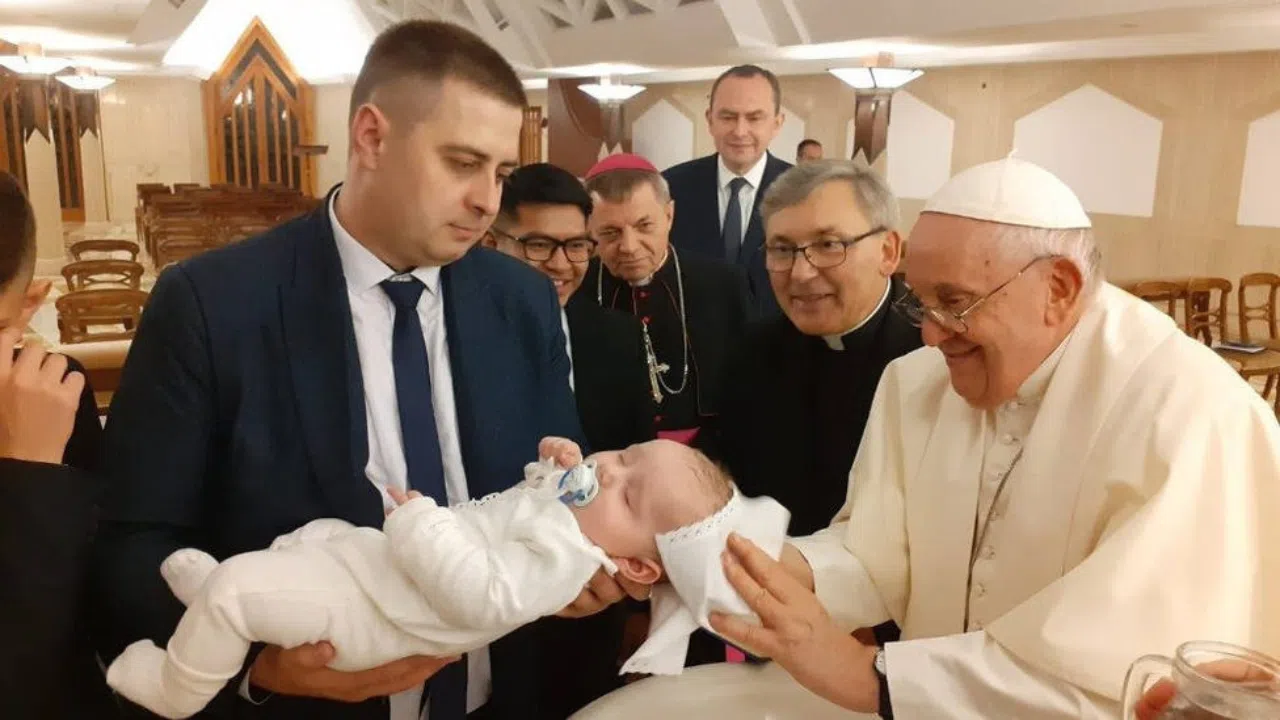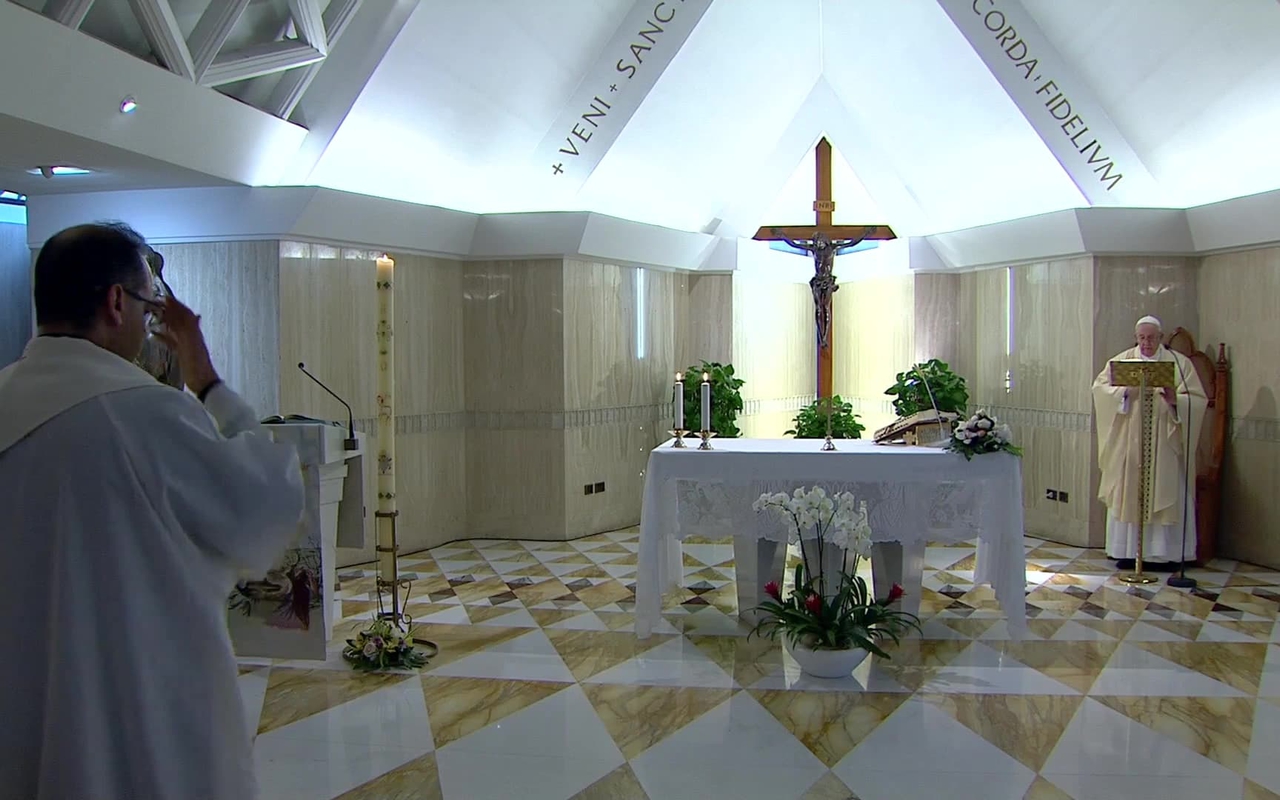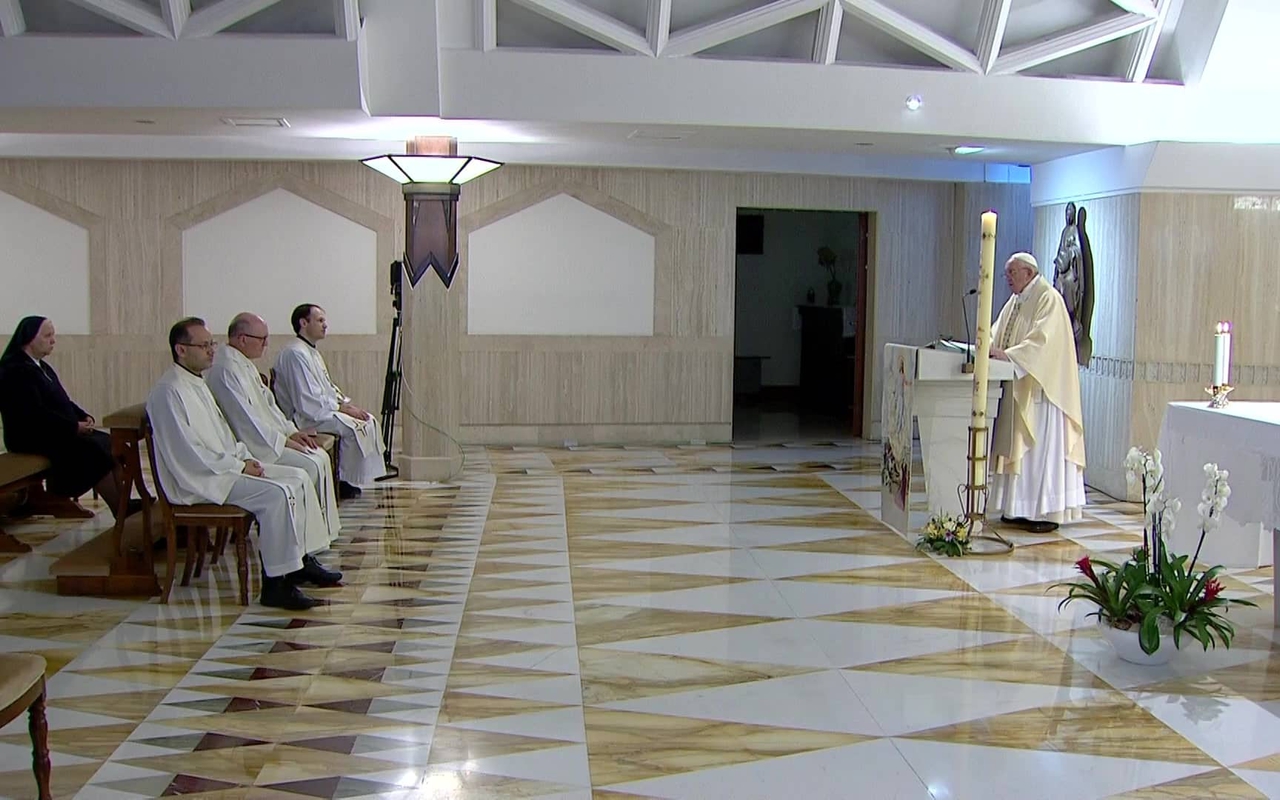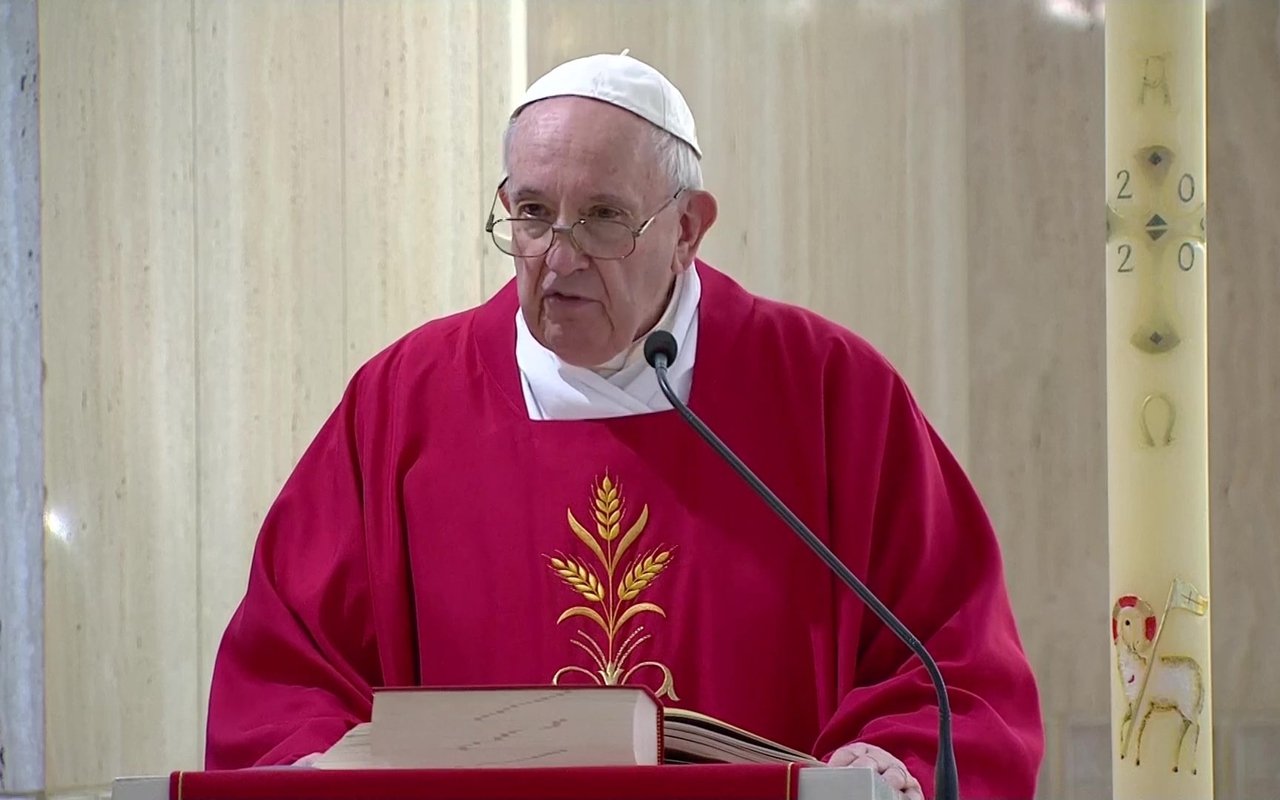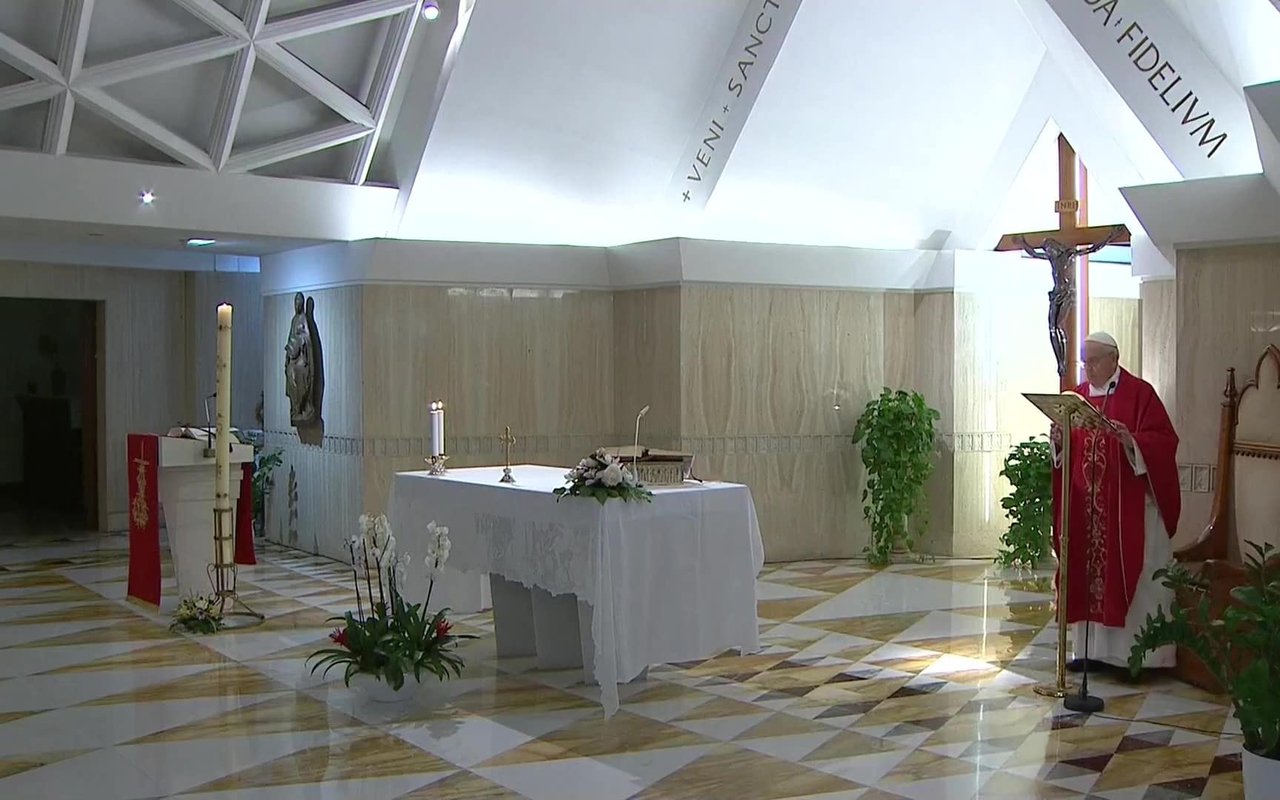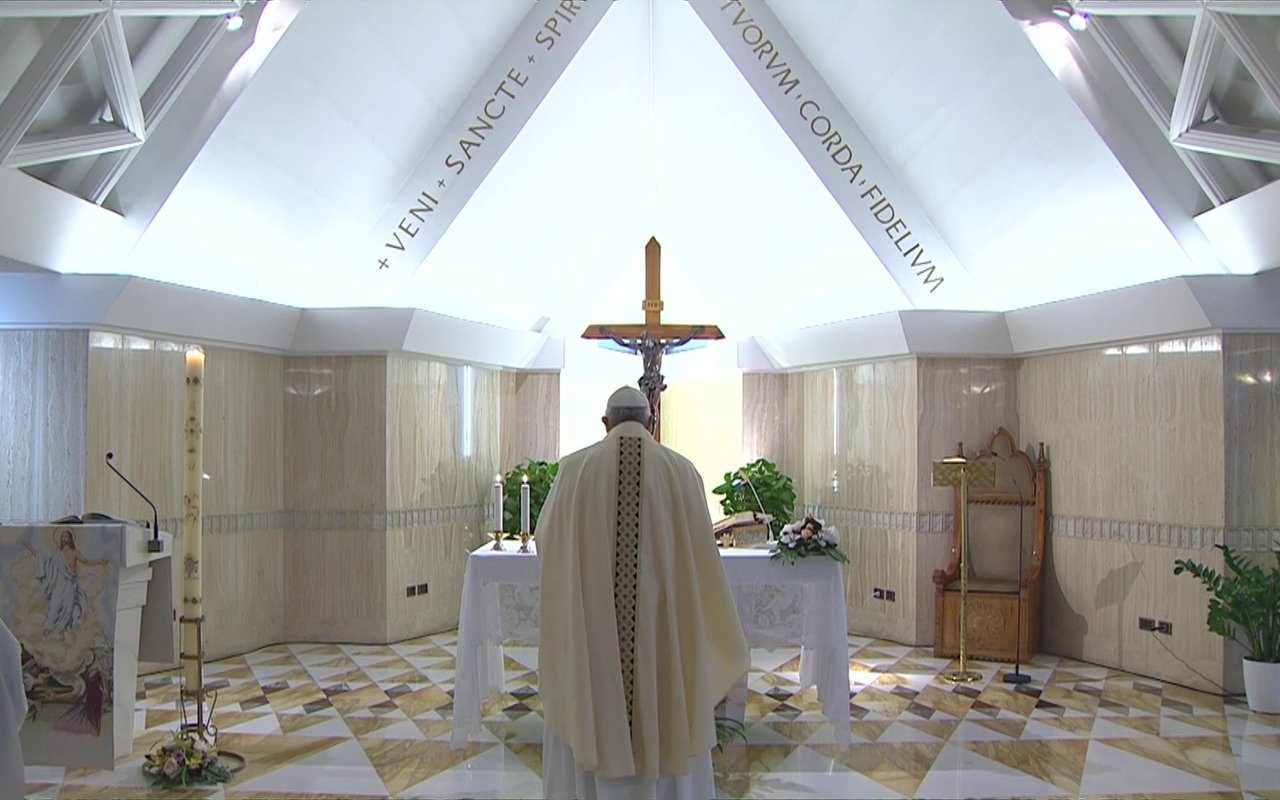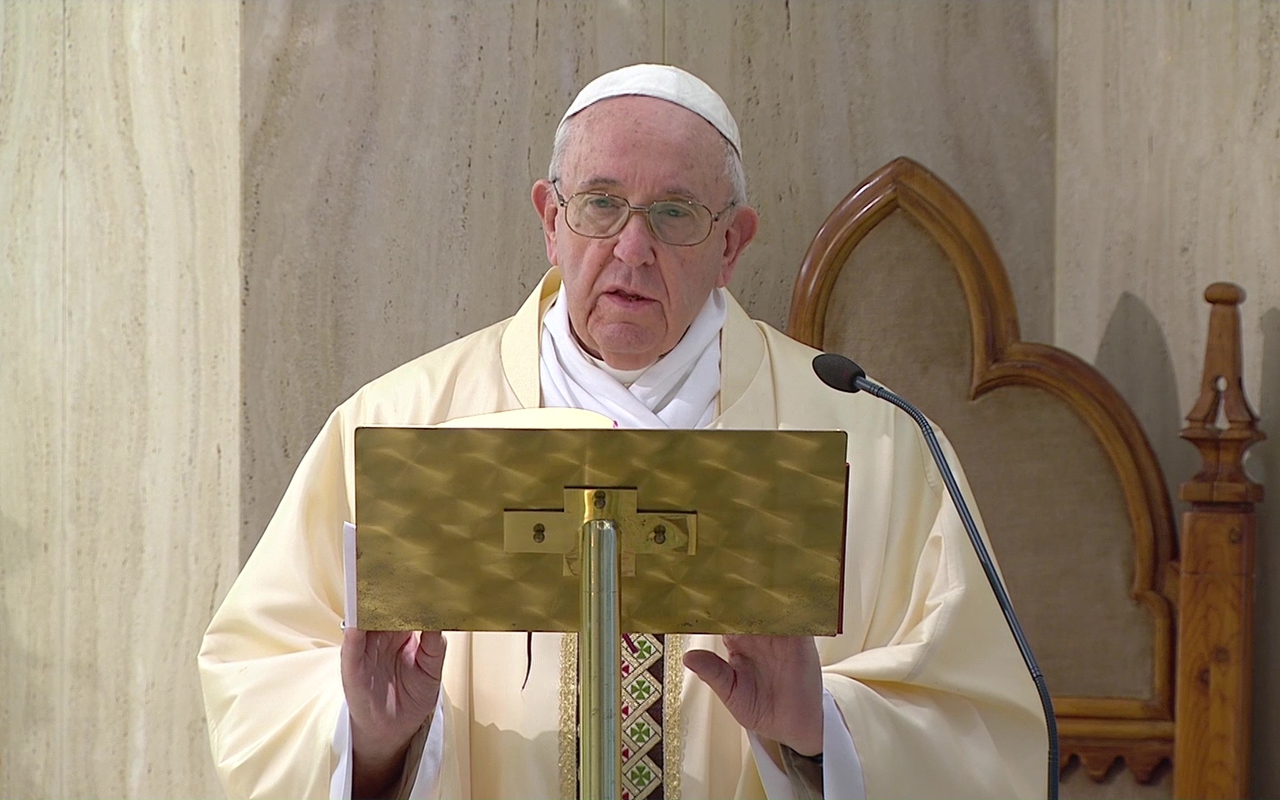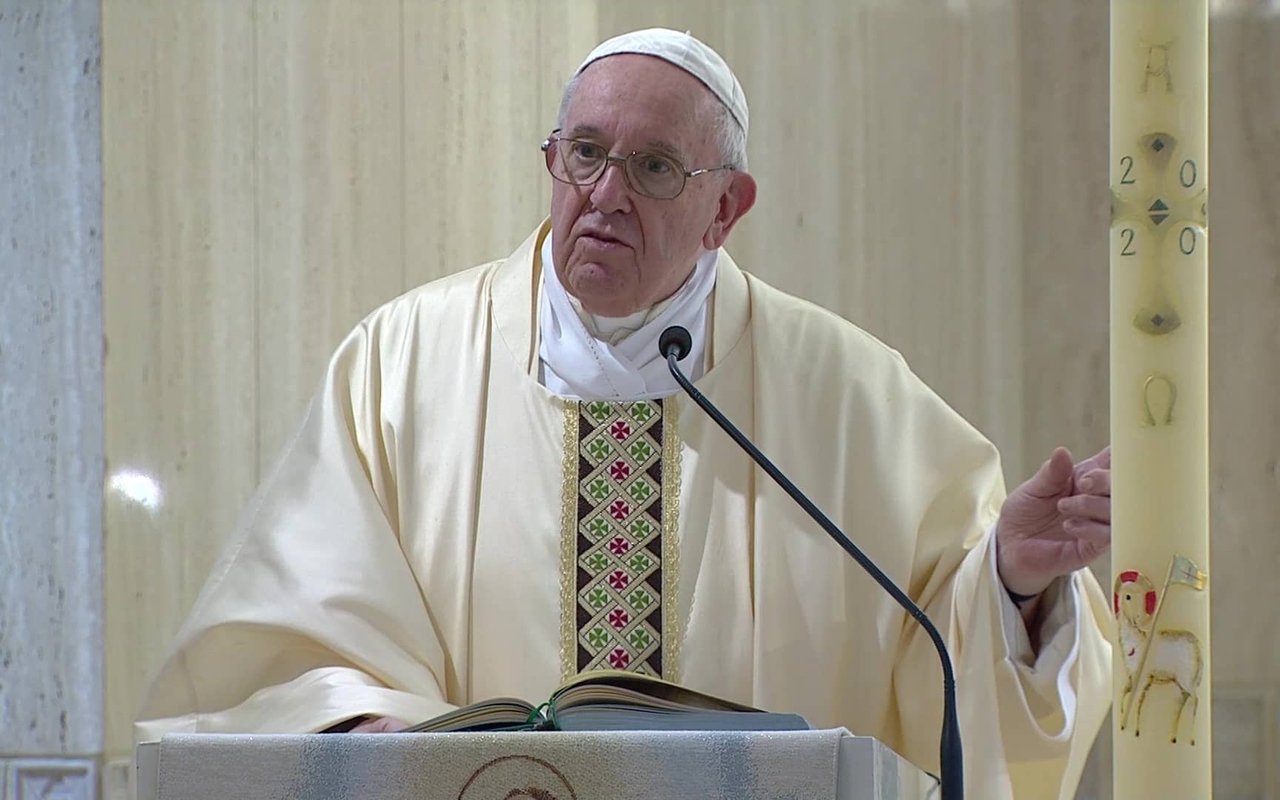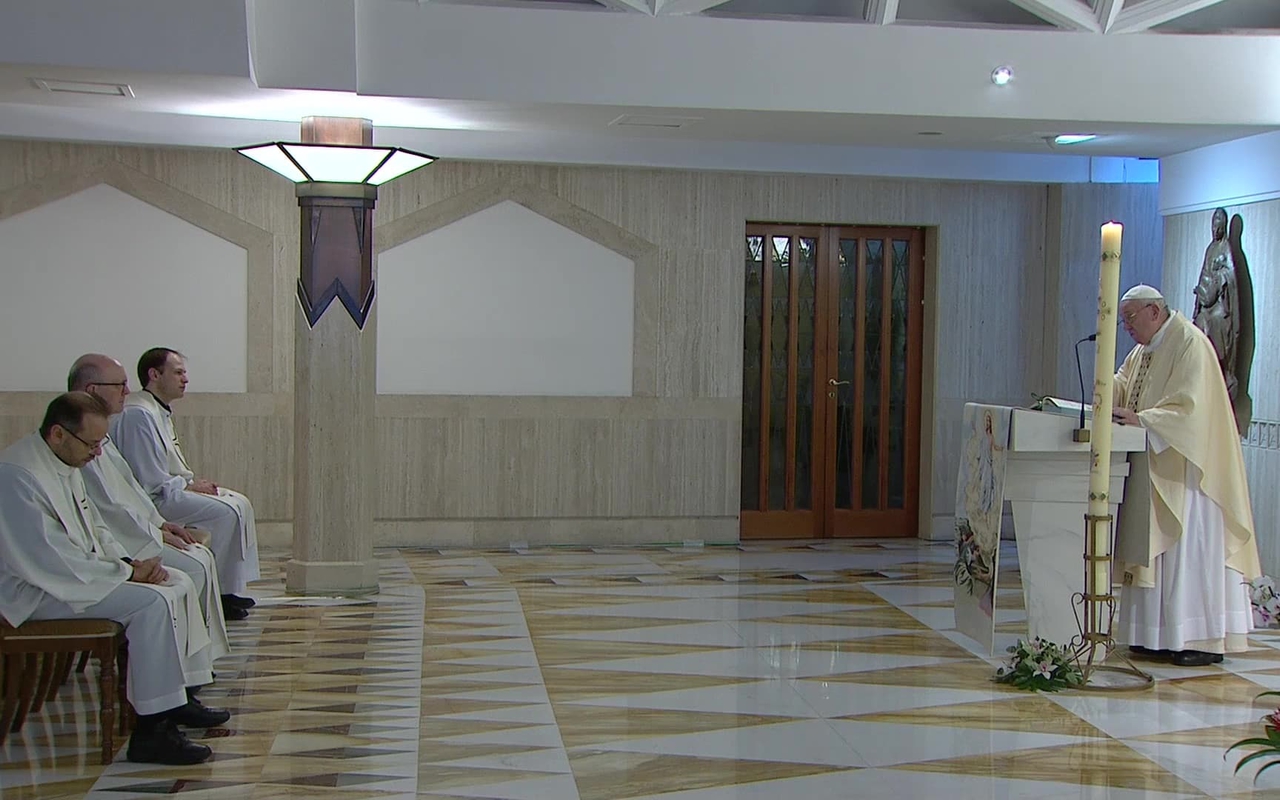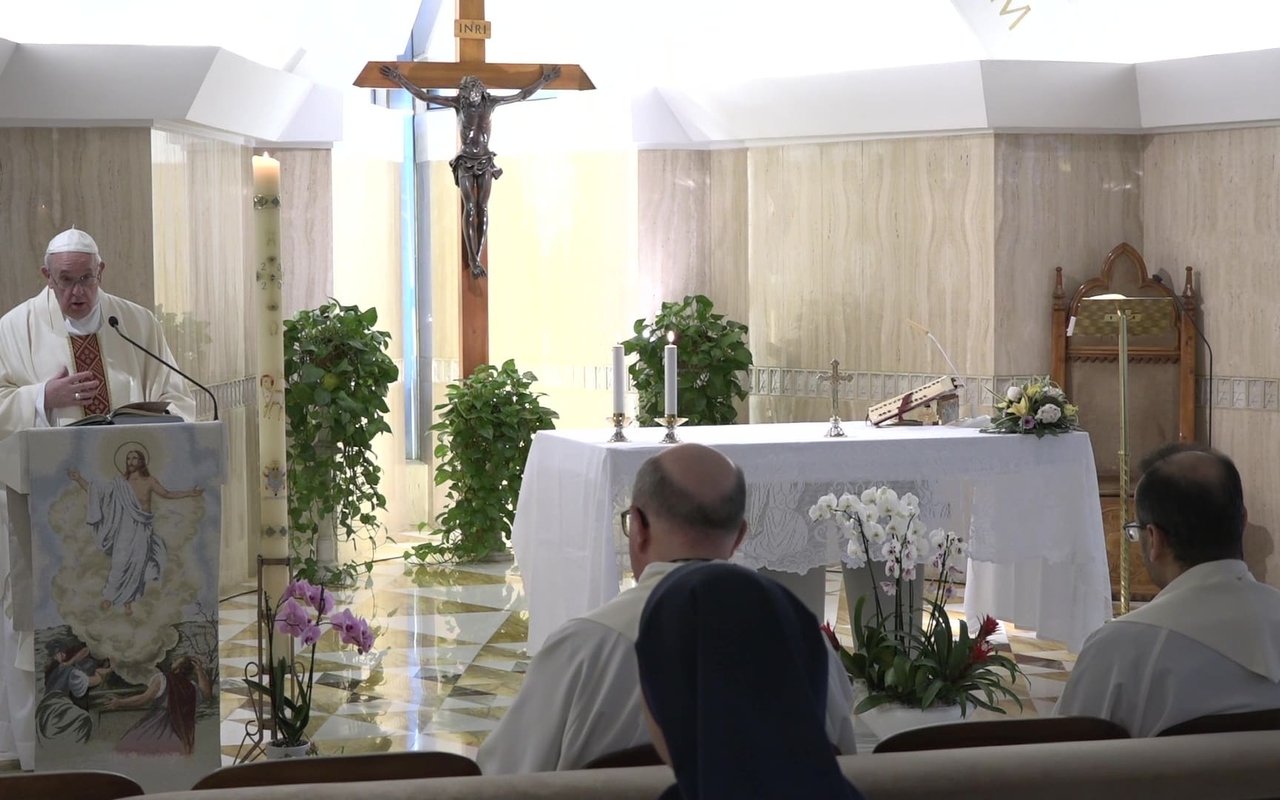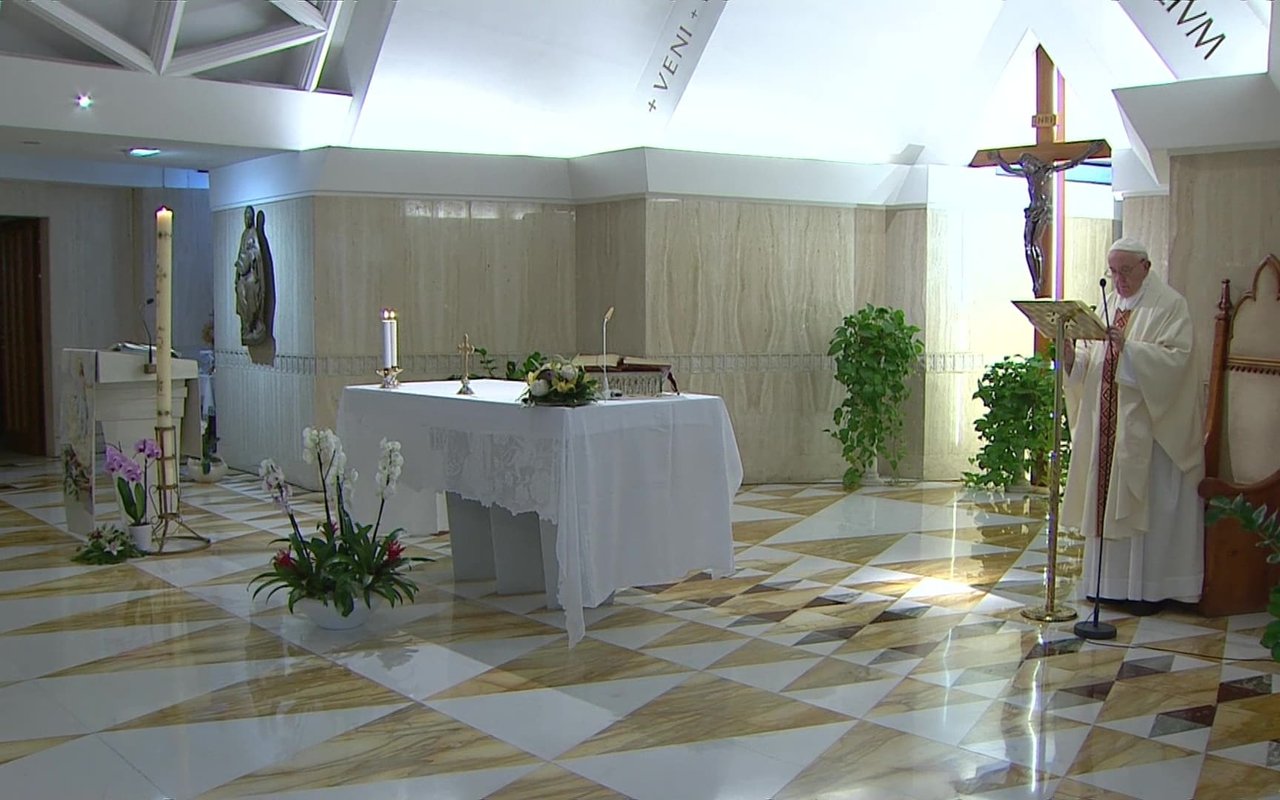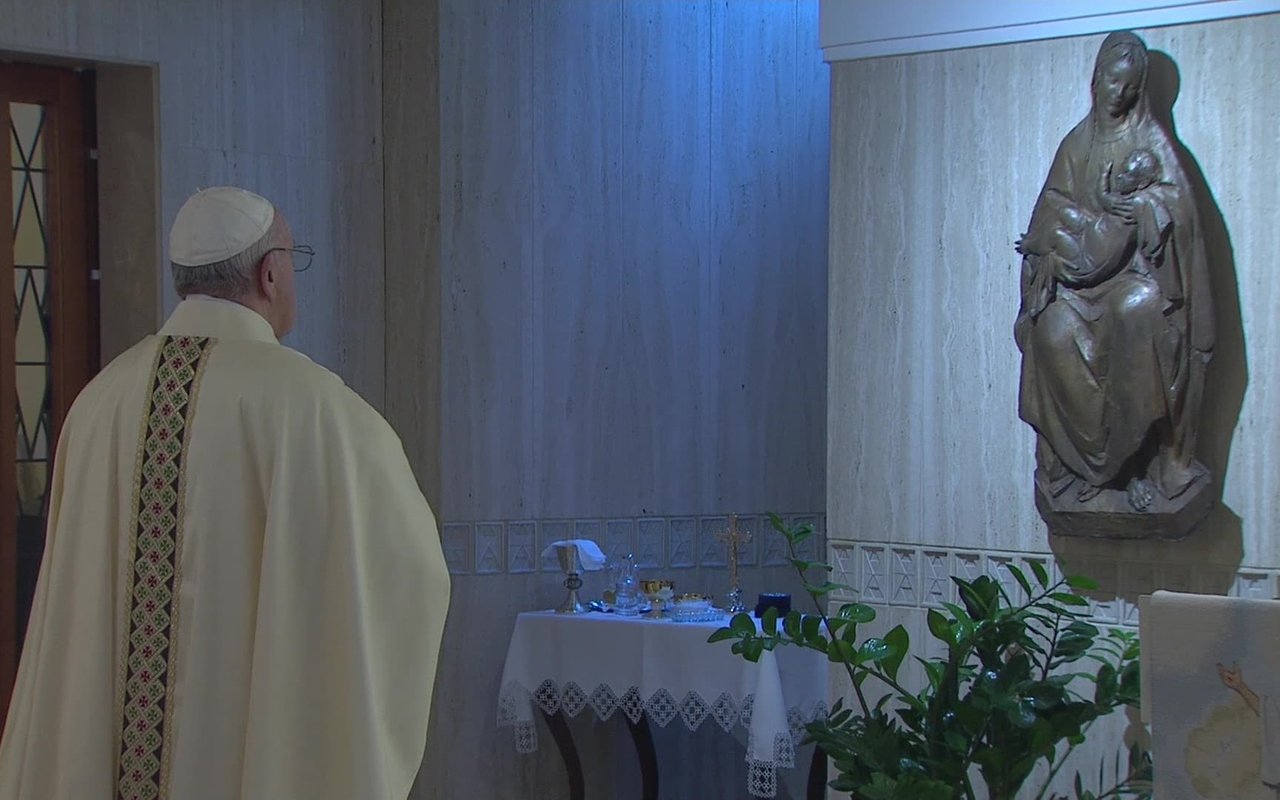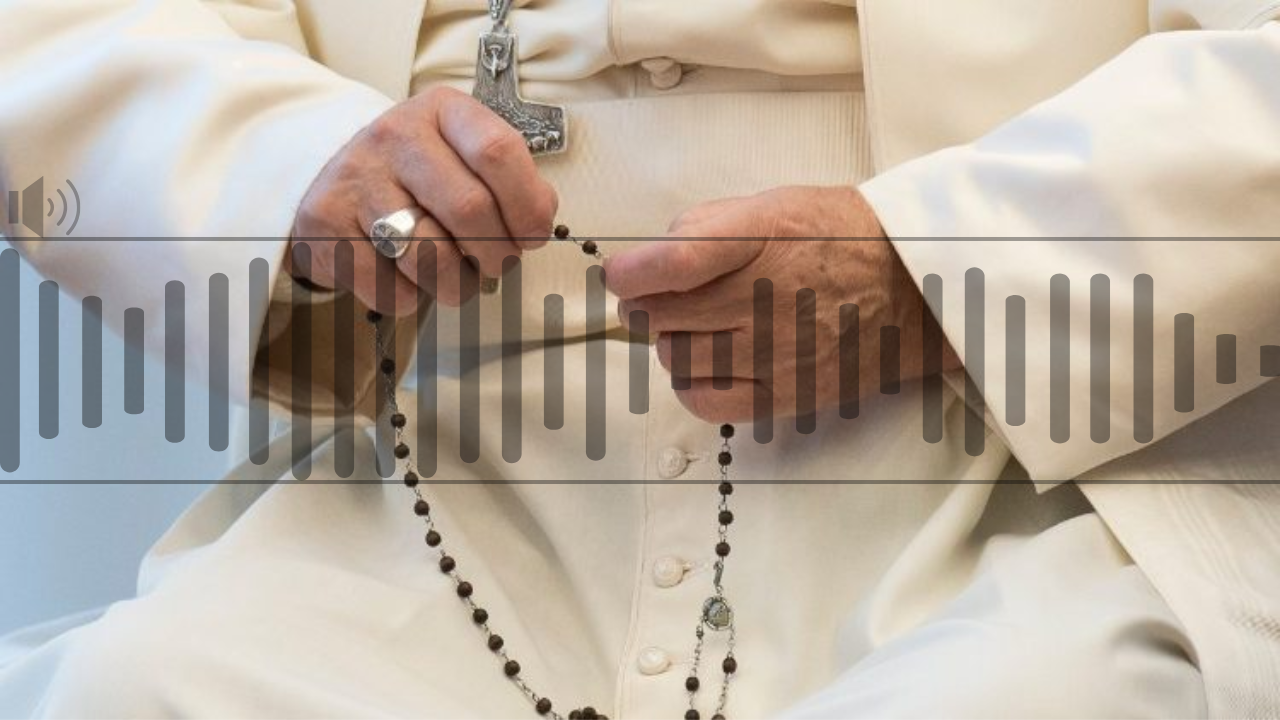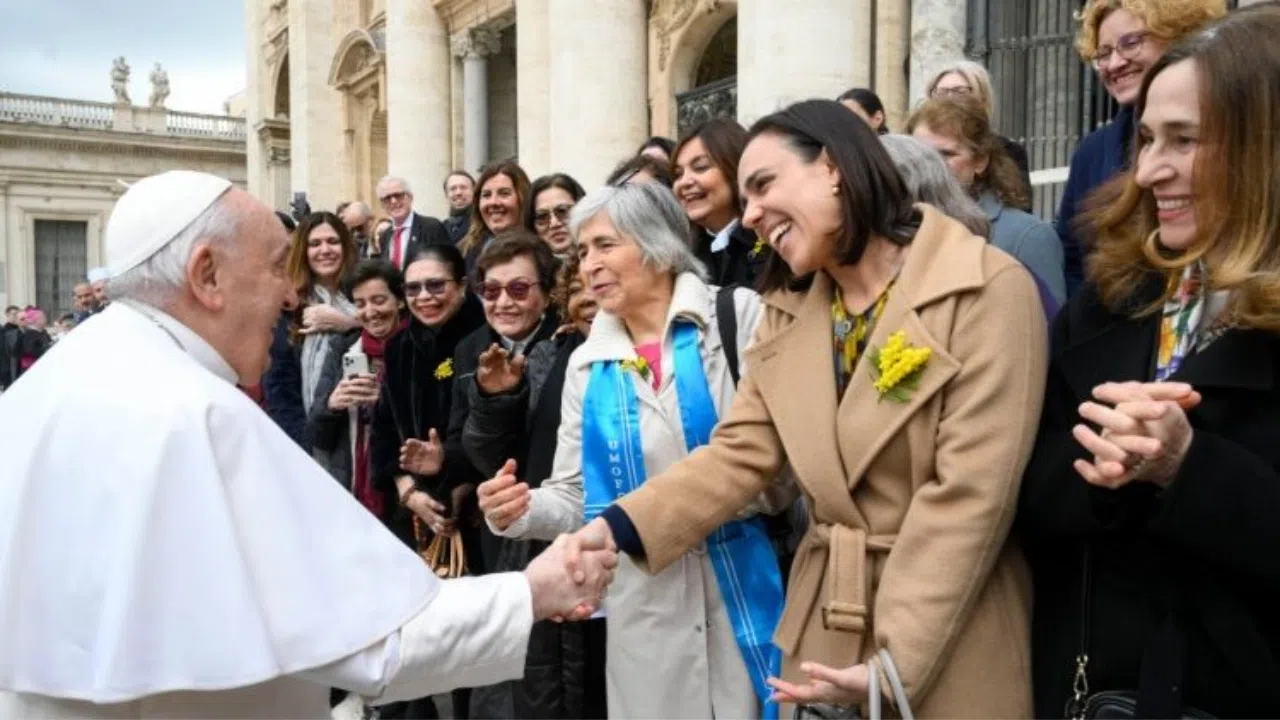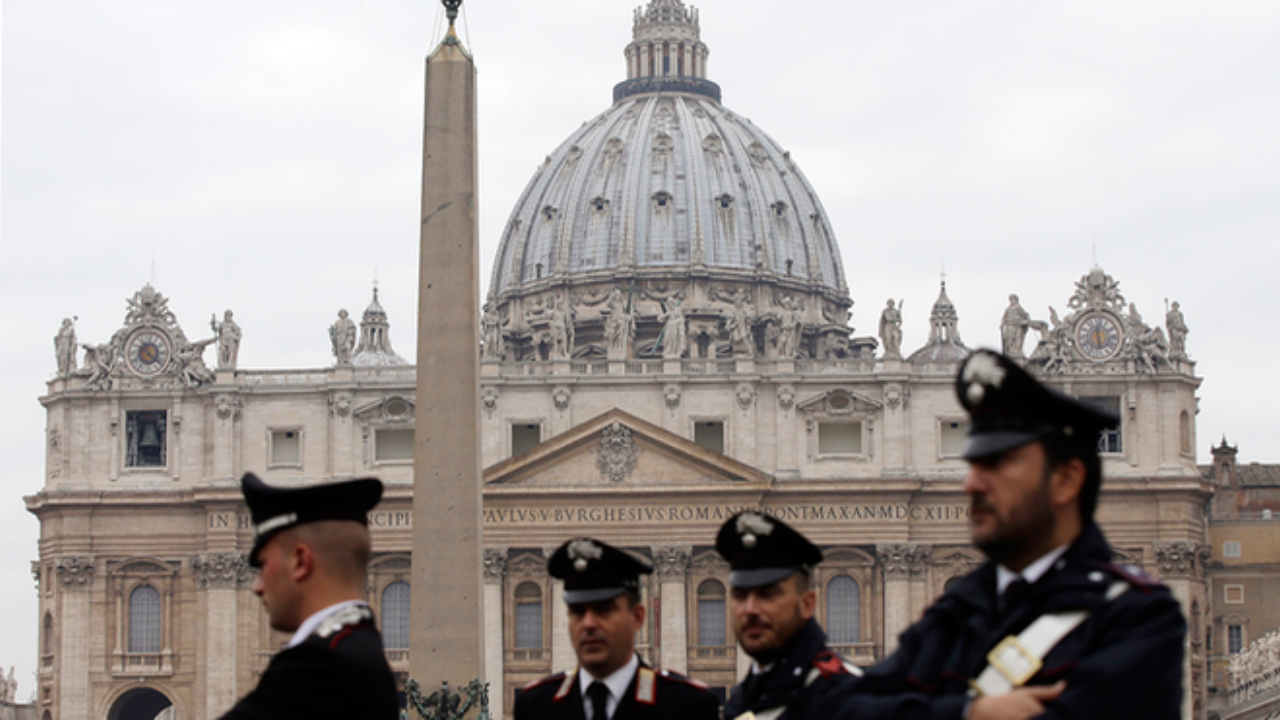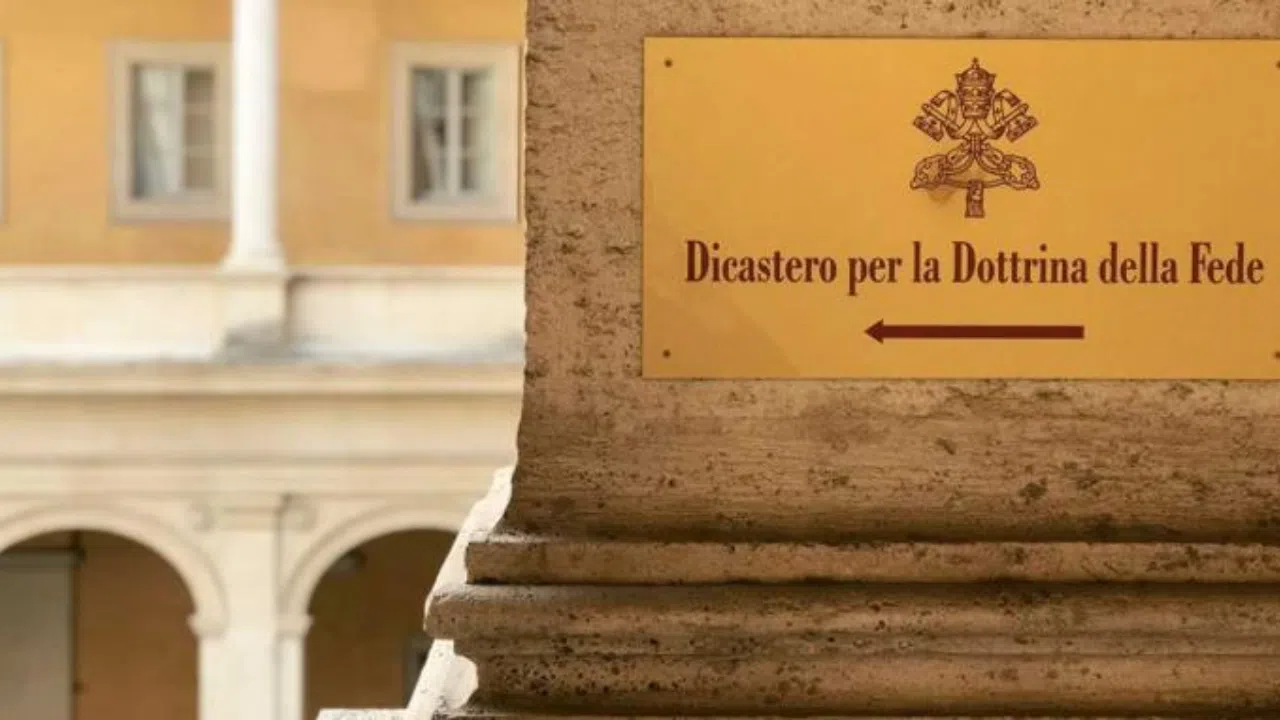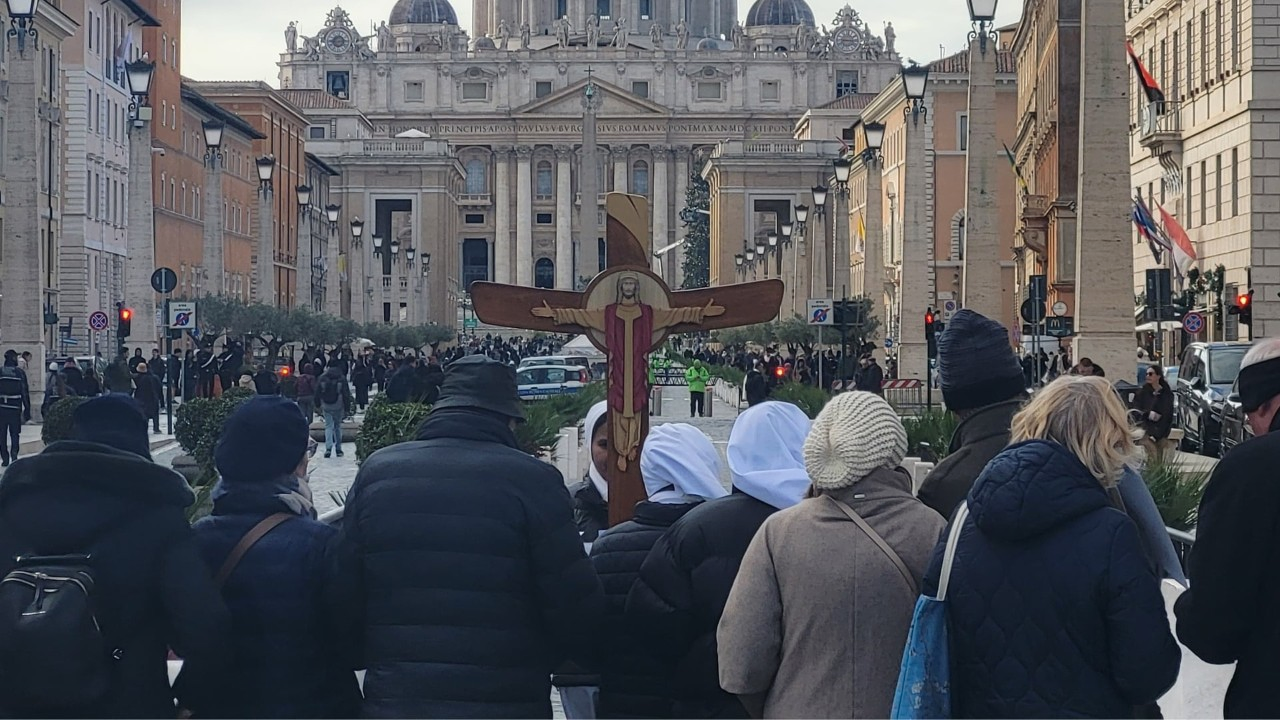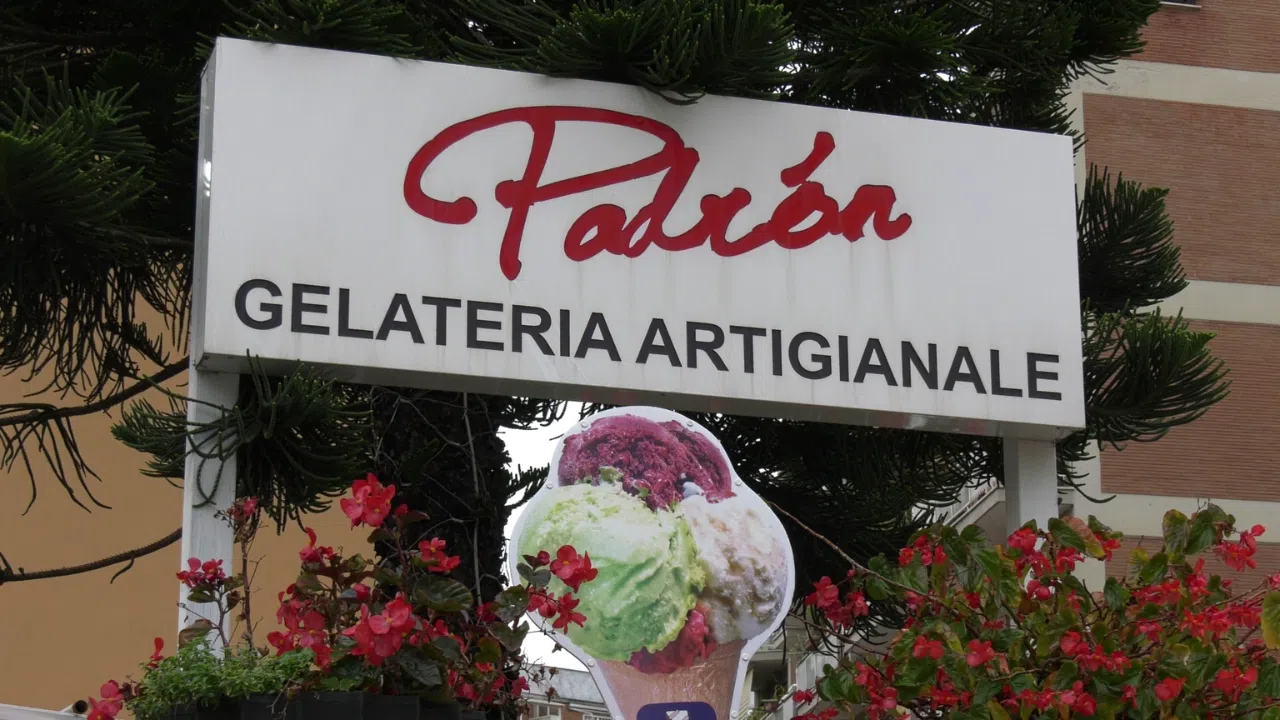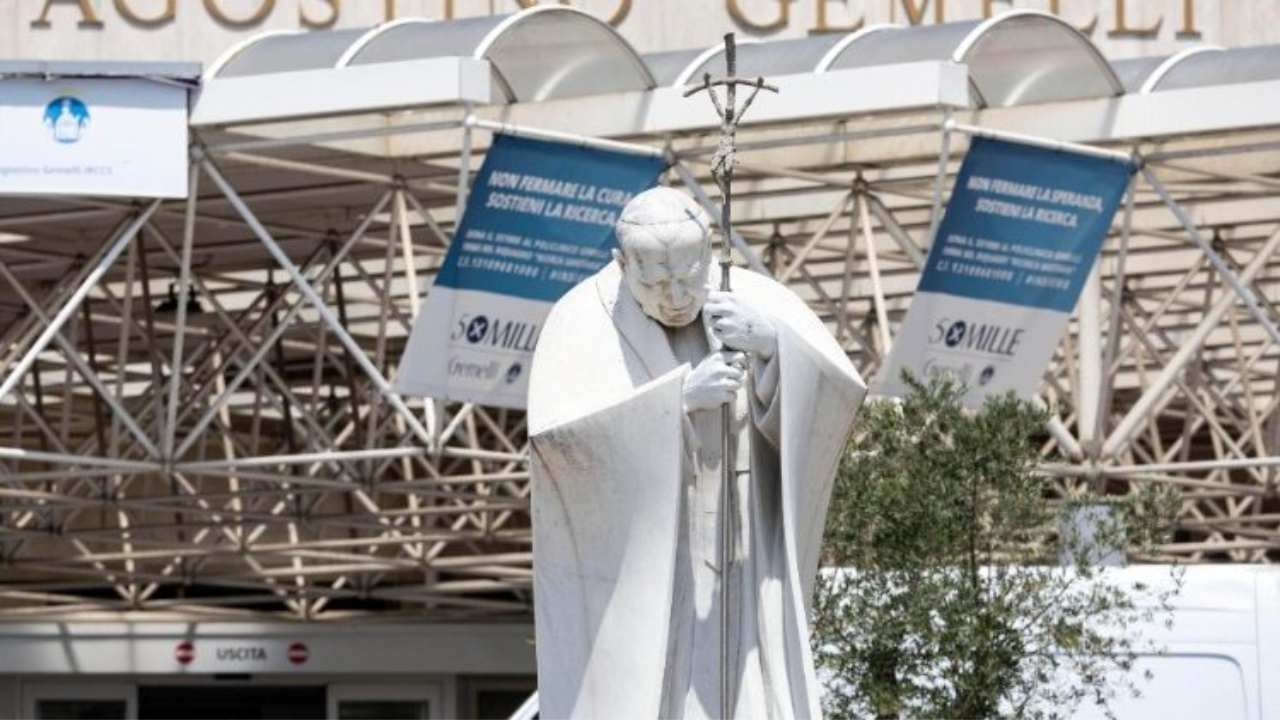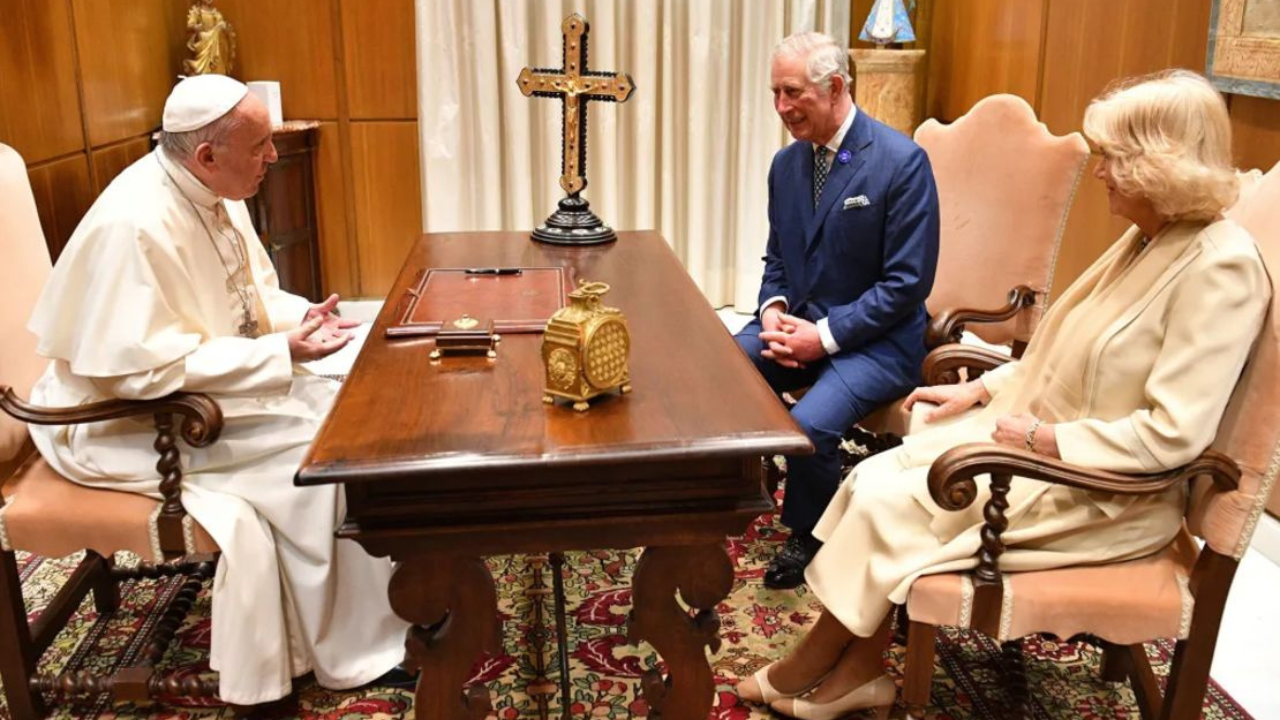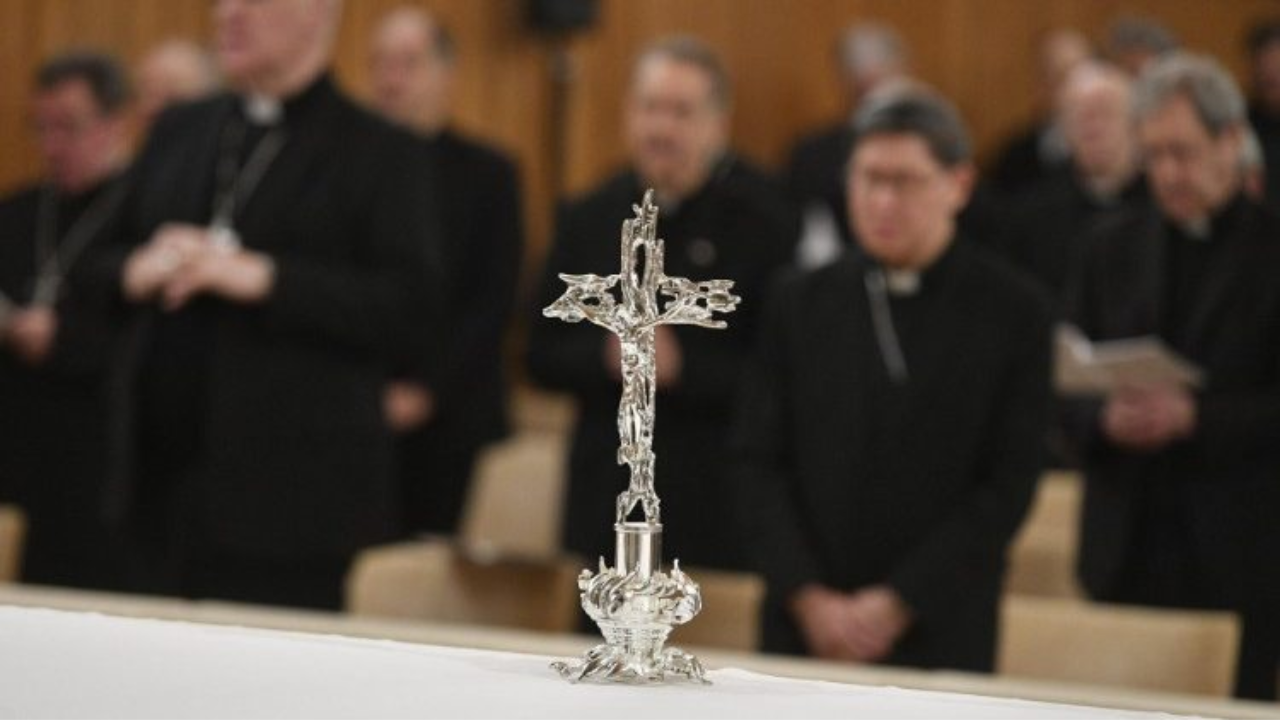In his homily at Casa Santa Marta, Pope Francis spoke about the tenderness of God toward His children whom he never forgets, but carries with Him always.
POPE FRANCIS
“He is the great God who makes himself small and in His smallness, He does not stop being great. In this great dialectic between great and small is the tenderness of God. The great that makes Himself small and the small that is great.”
He concluded by saying 'the theological place of God's tenderness' can be found in uniting one's wounds with Christ's.
EXCERPTS OF PAPAL HOMILY
(Source: Vatican Radio)
“It seems that our God wants to sing us a lullaby. Our God is gifted at this. His tenderness is this: He is a father and a mother. Many times He said: 'But if a mother forgets her son, I will not forget you. He carries us in his deep within. He is the God who with this dialogue makes himself small to make us understand, to make us trust in him and we can tell him with the courage of Paul who changes the word and says: 'Abba Father.' Father ... It's the tenderness of God.”
“He is the great God who makes himself small and in his smallness he does not stop being great. And in this great dialectic he is small: there is the tenderness of God. The great that makes himself small and the small that is great. Christmas helps us to understand this: in that manger ... the little God. A phrase from St. Thomas comes to mind in the first part of Summa [Theologica]. Wanting to explain this: 'What is divine? What is the most divine thing?' He says: 'to the maximum tamen continents at the minimum divinum est,' that is, do not be frightened of big things, but keep small things in mind. This is divine, both together.”
“Am I able to speak with the Lord like this or am I afraid? Everyone answers. But someone can say, he can ask: 'But what is the theological place of God's tenderness? Where can the tenderness of God be found? What is the place where God's tenderness is best manifested?' - 'The wounds.' My wounds, your sores, when you meet my wound with His wound. We have been healed in their wounds.”
